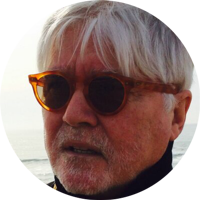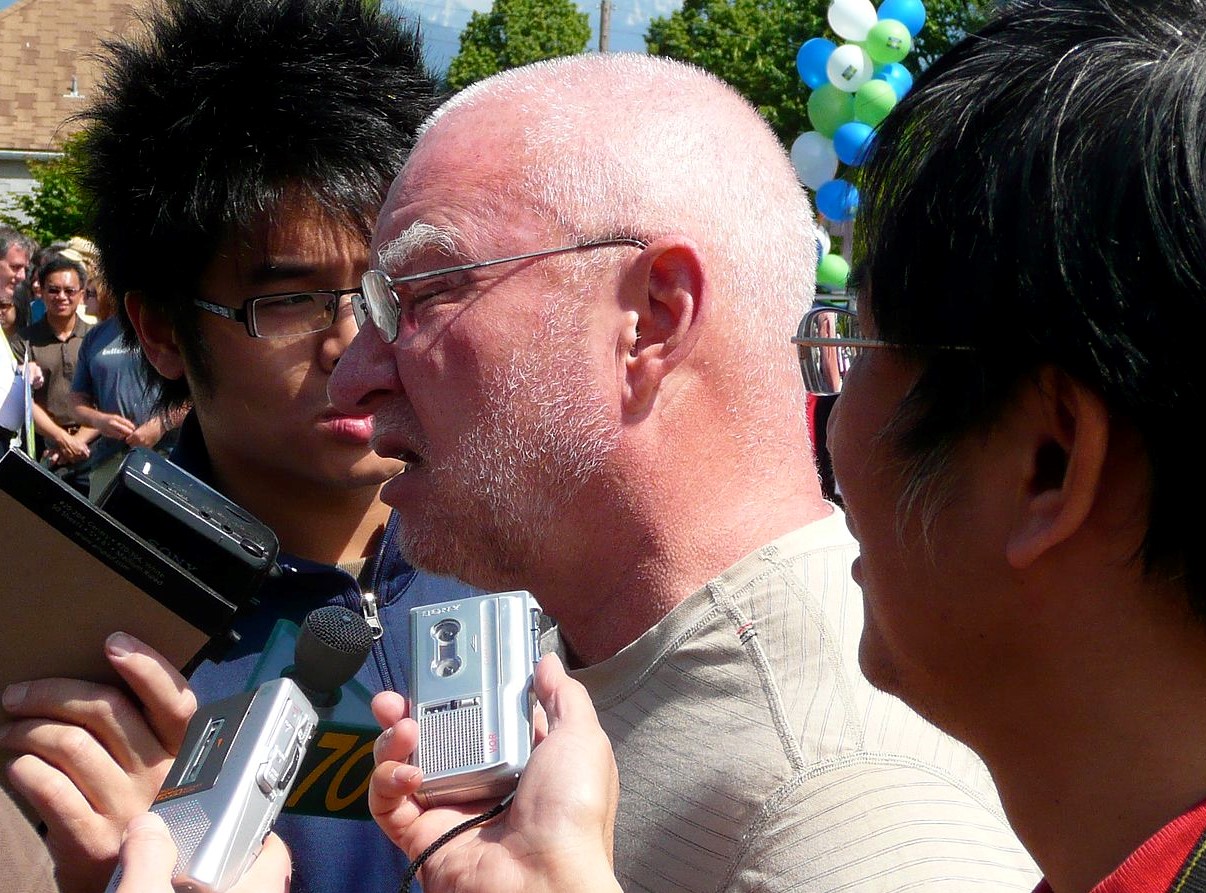While the Trudeau government grapples with its lack of MPs from the West, a new caucus led by western senators has formed to amplify the voice of the region in Canada.
The Tyee has learned that the new group, which could be announced as early as tomorrow, includes senators who will be resigning from the Conservative caucus, former Conservatives, Independents, and one former Liberal — between nine and 12 in number.
It takes a minimum of nine senators to form a new group, all of whom have to sign a legal declaration that they are leaving their old caucuses. By putting that in a letter to the Speaker, the “new” group gets official status.
With that comes research budget, staff, guaranteed seats on committees, and statements in the Senate. It would also give them greater opportunity to ask questions of the government representative in the Red Chamber, Senator Peter Harder.
Currently, “unaffiliated” senators are dependent on the good will of the Speaker to be recognized for Statements during Question Period. Although they may attend committee meetings, they are not guaranteed seats on committees, and can’t vote.
The original group of nine senators met on a conference call last Wednesday and is led by Westerners who want greater freedom to speak for their region, especially after the results of the recent federal election.
The Tyee has learned that the informal deadline to sign the legal declarations to leave their old caucuses is this weekend. The Tory senators who are moving want to have their position settled before the national Conservative caucus in Ottawa on Nov. 6.
Speaking on background, a source close to the story explained it this way:
“The West wants its voice to be heard in the Senate. There is a sense that the West — and the East too, just don’t get their fair say. That’s because the largest contingent in the Senate, the Independent Senate Group, dominates the agenda and the speaking time. This new group is designed to redress that problem and give the regions a clear, distinct, and official voice.”
Among those senators who will play a leadership role in the group are Scott Tannas, a moderate Conservative from Alberta; Doug Black, a Harper appointee who won a senate election in Alberta; and former Harper cabinet minister Josée Verner.
Sources say that Senator Verner, a Conservative from Quebec City who left the Tory caucus to sit as an Independent, will be co-chair of the group. Verner has been the leading force looking into sexual harassment in the Senate.
Other senators said to be signing up with the new group include Independent senator Elaine McCoy, a former Alberta PC cabinet minister; Larry Campbell, former Liberal Senator from British Columbia who now sits as an Independent; Pamela Wallin, a Harper appointee who sits as an Independent from Saskatchewan; Diane Griffin, an Independent senator from Prince Edward Island; Stephen Greene, a former Conservative who sits as an Independent from Nova Scotia; and Vern White, a Conservative senator from Ontario.
“As you can see by this list, the new group reflects the frustration felt by many senators who see the agenda being filled by issues of interest to Central Canada. That crowds out the regions,” a source told The Tyee.
Sources say that Conservative senators will likely spin this development as a failure of Prime Minister Trudeau’s notion of a Senate of independents. That is not how insiders see it.
“The thing is, it is not a rejection of the PM’s idea, but rather an elaboration of it. It gives the regions guaranteed powers where now they have to jostle with large groups to have a say.”
The push for a greater Western and regional voice in the Senate comes at a time when the “Wexit” movement is gaining steam in Alberta, where there are no Liberal MPs.
Wexit’s Nov. 2 meeting in Edmonton was originally planned for 100 people. But after the election, the RSVPs skyrocketed to 1,000, and a new, bigger venue had to be found. There are already more than 1,000 RSVP acceptances for the group’s planned meeting in Calgary on Nov. 16.
The new affiliation in the Senate is all the more important because the nine remaining Senate Liberals, including Jim Munson, Terry Mercer, and Percy Downe, are set to lose their official group status in January. That is when their leader, Senator Joe Day of New Brunswick is set to retire.
No one wants to quit the Liberal group before Senator Day’s retirement because they don’t want to be remembered as the person who put the Senate Liberals out of business.
But it is expected that most of them will join the new group after Senator Day leaves his post in January — although the price might be committee chairmanships that come with a $15K-a-year pay boost.
The new group arrives at a pivotal time for the Red Chamber. The Trudeau government is pressing for changes to the Parliament of Canada Act, which would prevent the Senate from holding up legislation sent to it by the House of Commons.
But for now, virtually everything the Trudeau government does must pass through the Senate, and that includes its newest caucus which is dedicated to speaking up for the West. ![]()
Read more: Politics, Federal Politics
















Tyee Commenting Guidelines
Comments that violate guidelines risk being deleted, and violations may result in a temporary or permanent user ban. Maintain the spirit of good conversation to stay in the discussion.
*Please note The Tyee is not a forum for spreading misinformation about COVID-19, denying its existence or minimizing its risk to public health.
Do:
Do not: